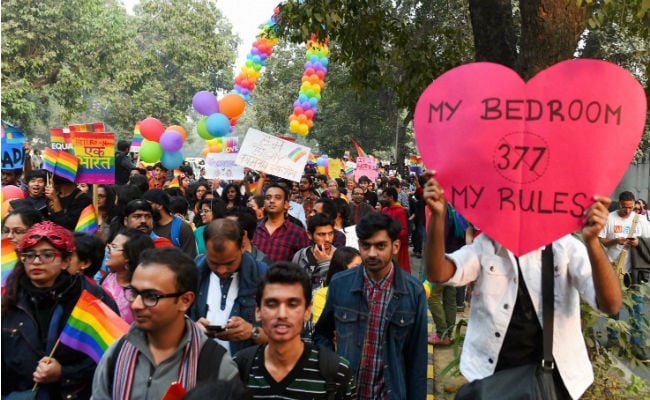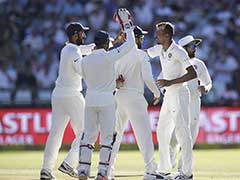New Delhi: Whether homosexuality should be a crime in India will be re-examined by the Supreme Court, which had in 2013 cancelled a court order decriminalizing gay sex. Reopening the debate over homosexuality, a three-judge bench of Supreme Court headed by the Chief Justice of India, Dipak Misra, today said a larger group of judges would reconsider and examine the constitutional validity of Section 377, the British-era law that criminalises sexual activities "against the order of nature". "What is natural to one may not be natural to others," said the top court, deciding on a petition by five persons who say they are living in fear of being prosecuted.
Here is your 10-point cheatsheet to this big story:
- In the order celebrated by gay rights activists, the court said the "determination of the order of nature is not a constant phenomenon. Societal morality also changes from age to age. Law copes with life and accordingly change takes place."
- The court also noted that while choice can't be allowed to cross the boundaries of law, "the confines of law can't trample or curtail the inherent right embedded in an individual under Article 21, the right to life and liberty."
- Those convicted under Section 377 of the Indian Penal Code face a fine and a maximum 10-year jail sentence.
- The "section of people who exercise their choice should never remain in a state of fear", the Supreme Court said on the five petitioners.
- In 2013, the court had cancelled a Delhi high court order that had decriminalized homosexuality by overturning the colonial-era law and said it was the job of parliament to decide on scrapping laws.
- The court today said the decision needs to be reconsidered because of constitutional issues. "We think it appropriate to send this issue to a larger bench," the court said.
- The Supreme Court's 2013 decision that gay sex is a criminal offense was seen as a major setback for human rights in the world's biggest democracy.
- In 2009, the Delhi High Court had described Section 377 as a violation of the fundamental rights guaranteed by the constitution. Religious groups appealed against the decision in the Supreme Court, which overruled the High Court.
- The 2009 ruling was based on a case brought by the Naz Foundation, an Indian sexual rights organization, which fought a legal battle for almost a decade.
- Although prosecutions under section 377 have been rare, gay activists have said that the police used the law to harass and intimidate members of their community.
Comments





